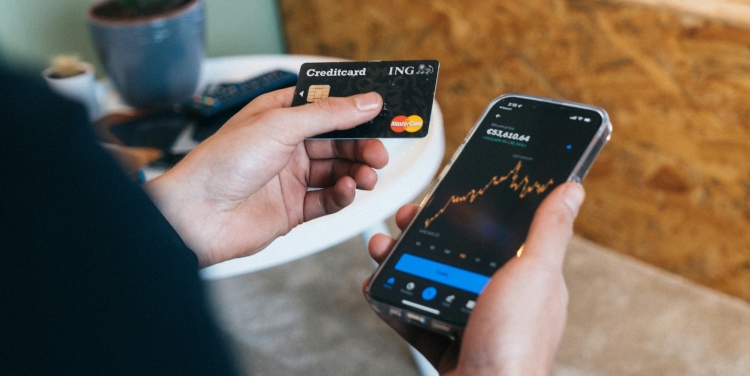Crypto used to sound like science fiction to most people in the UK, as it was seen as a weird internet thing that was hard to trust and even harder to use. Wallets, blockchains, and private keys? No thanks. But a lot has changed in just a few years.
Today, younger Brits aren’t just buying crypto, they’re using wallets, exploring new apps, and taking control of their money in ways that felt impossible before.
UK’s Early Crypto Skepticism
Most people in the UK didn’t trust crypto at first as it seemed risky, shady, and hard to understand. News about scams, hacks, and sudden price crashes only made things worse. Bitcoin was all over the news, but not in a good way. It felt more like a bet than a real way to store or move money.
Banks and regulators warned everyone to stay away, so many saw Bitcoin as a fad or a trick to steal money. Few knew how it worked, and even fewer cared to find out. For the average person, crypto seemed like a complicated mess.
Furthermore, crypto wallets sounded even more confusing. The common view was: why bother with a digital wallet when your bank app works fine? That was especially among older generations who were used to familiar systems.
Wallets had strange names, clunky designs, and long strings of letters no one could remember. The biggest downside was that if you lose your password, you lose everything, making it too risky for too little gain. However, finding the best crypto wallet today is different as they’ve become much more sophisticated but also safer, and easier to use. Many now offer backup options, clean designs, and support through apps people already trust.
The Turning Point: What Sparked a Shift in Perception?
Crypto didn’t win people over overnight. But a few things started to change minds. For example – money. Some early users made real profits, and word spread fast. That caught attention, especially among younger people looking for other ways to grow their savings and invest.
On top of that, apps got better. You no longer had to be a tech expert to buy a bit of Bitcoin. Big crypto platforms made the process feel simple, almost like using a normal bank app. That ease helped people feel more in control and less afraid of messing things up.
At the same time, big companies started getting involved. In early 2021, Tesla invested $1.5 billion in Bitcoin, and a few months before that, PayPal added crypto to its app. When trusted people joined in, it made crypto feel less like a scam and more like something real. The idea that it was all fake began to fade.
Why Millennials and Gen Z Are Leading the Charge
Millennials and Gen Z aren’t just using crypto—they’re driving it forward. These groups grew up online, so the jump to digital money wasn’t that big. Most of them already used mobile banking, tapped their phones to pay, and split bills through apps. Logically, crypto just felt like a natural next step in the digital environment.
Many younger people also feel shut out of old money systems. Traditional ways of building wealth, like saving in a bank or investing in property, don’t seem realistic. So new paths like crypto seemed attractive with all its risks and rewards. Even small gains feel better than leaving money in an account that barely grows.
They also care about ownership. Gen Z especially is big on privacy and control. They’re not fans of middlemen or big banks telling them what they can or can’t do with their money. Crypto wallets give them freedom with no paperwork, no gatekeepers, and no waiting days for transfers. Just them and their keys.
Social media has pushed this trend, too. People share their wins, their setups, and even their losses and their friends see it and want to become a part of it. That kind of openness makes crypto feel more real and reachable.
It’s not just a bunch of charts or buzzwords. It’s people learning together, figuring it out one step at a time through different online forums, groups, and chats.
Conclusion
Crypto wallets aren’t just for tech-savvy people anymore. What once felt like a risky game now looks more like a tool, especially for younger people who want more say in how they handle money.
Having said that, that doesn’t mean they’re risk-free. Many worry about the lack of clear rules, for example, who’s in charge, and what protects users if something goes wrong? Also, scams with fake tokens and phishing links are common online, so everyone needs to be on their guard.
Nevertheless, some of these worries exist even when we talk about traditional banking, so crypto doesn’t have too many new problems. That’s why millennials and Gen Z are leading the way — they’re used to navigating digital spaces and are more willing to embrace new systems. They understand the risks but also see the rewards in taking control of their financial future.
With more people getting curious, crypto wallets in the UK might just become as common as a debit card.
David Prior
David Prior is the editor of Today News, responsible for the overall editorial strategy. He is an NCTJ-qualified journalist with over 20 years’ experience, and is also editor of the award-winning hyperlocal news title Altrincham Today. His LinkedIn profile is here.












































































